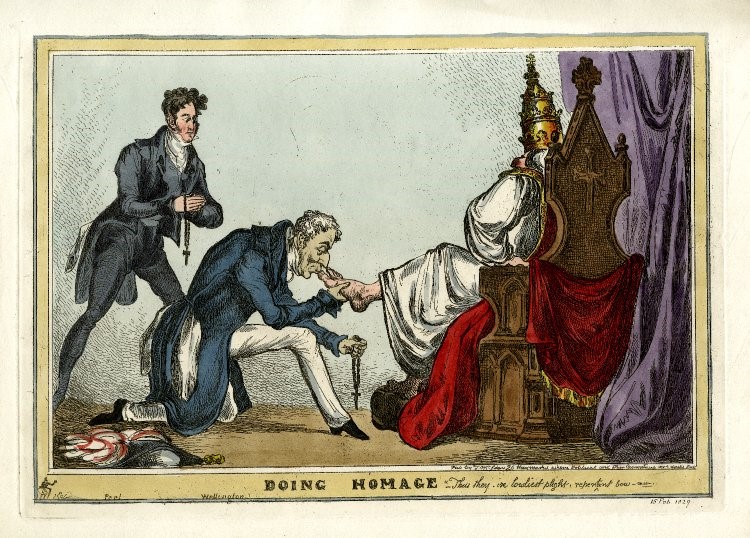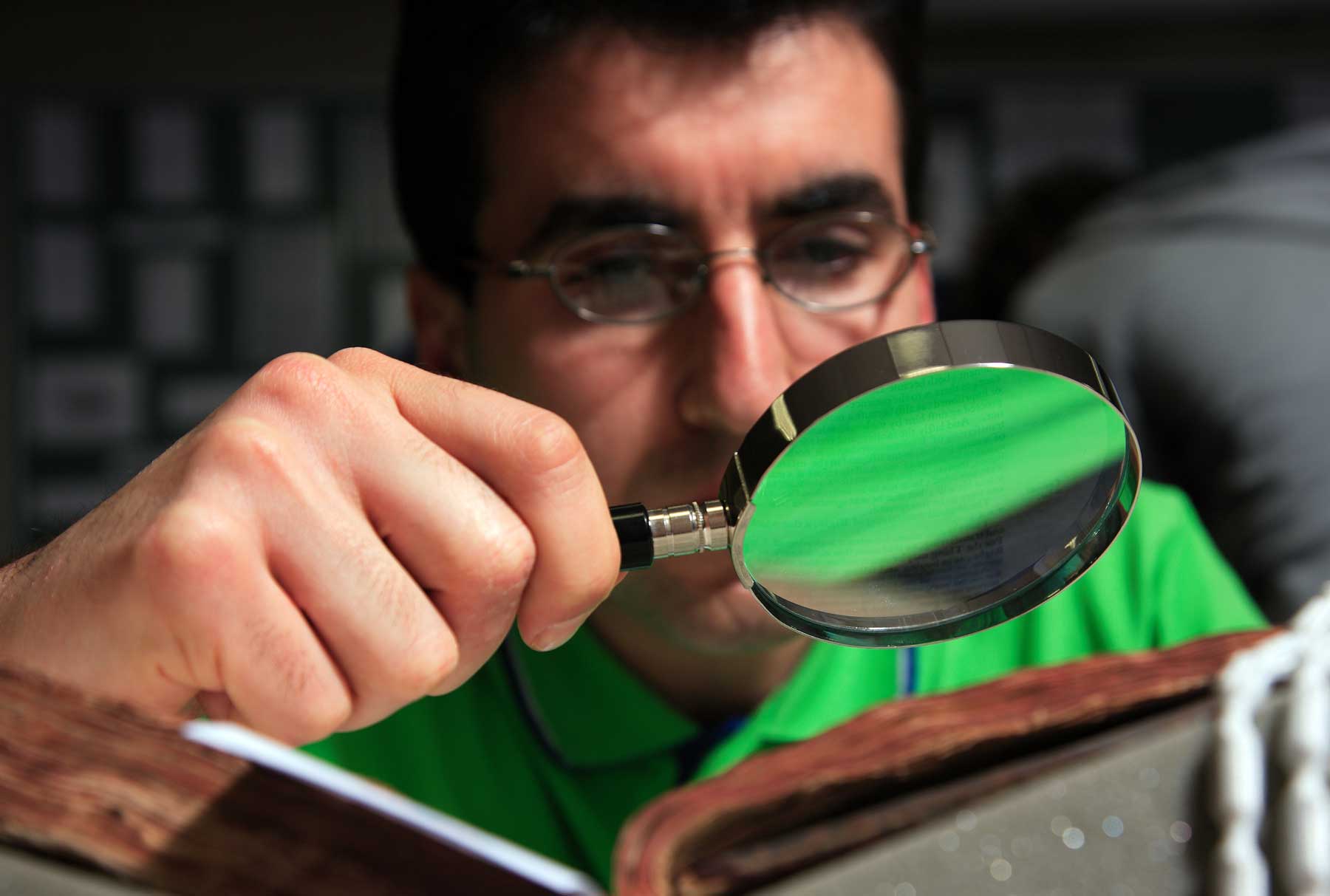Anti-Catholicism in British History: c.1520-1900
In this project Dr Adam Morton of Newcastle University and colleagues consider anti-Catholicism as a major aspect of modern British History.
Experimental archaeology
This network is funded by the Arts and Humanities Research Council (AHRC). It brings together scholars from a range of disciplines (History, Art History, Literature, Social Psychology) who work on a diverse range of historical periods (the sixteenth to the nineteenth centuries) to consider anti-Catholicism as a major aspect of modern British History.
Project description
Its title "Anti-Catholicism in British History" refers to the fact that scholars of each century of British History after the Reformation have accorded anti-Catholicism a central role in a range of historical events and processes, including:
- the Reformation
- Civil Wars
- Exclusion Crisis
- Glorious Revolution
- national identities
- empire
- the emergence of enlightened concepts like liberty and reason
- the formation of anti-Irish and anti-French sentiment
As it stands, however, the topic has been studied in a piecemeal, period-by-period basis.
By taking a longer perspective, the network will consider how anti-Catholicism (in particular) and prejudice (in general) develops over time and what it develops in response to.
The network is hosted at Newcastle University, and run by Adam Morton.

Methodologies for researching the ways in which a prejudice adapts
The network will bring scholars together in order to consider how anti-Catholicism functioned similarly and differently in different periods of British history. It will develop methodologies for researching the ways in which a prejudice adapts across a significant period of time, consider the roles which stereotypes and representations had in sustaining and adapting anti-Catholic prejudice and seek to interrogate the purpose of conspiracy theories to political and religious movements.
The network will encourage new ways of thinking about anti-Catholicism through the benefit of comparative chronological perspectives, create an overarching perspective on how anti-Catholic intolerance developed over the course of five centuries.
Its findings will be important in developing future research not just for scholars of British History but, by bringing into dialogue approaches in Social Psychology, History and Literature Studies, the network's research will foster research methodologies which will be of interest to scholars of all forms of prejudice in a range of disciplines.
Network workshops
The network is currently organising four workshops. The first will consider the methodologies necessary to investigate anti-Catholicism in the longue durée of British history, investigate current research models and paradigms, work towards formulating new methodological strategies, and draw out continuities and contrasts across the four centuries of the network's research.
The second will consider the ways in which British anti-Catholicism was a species of a broader European phenomenon. The third will consider the role of representations (textual and visual) in sustaining anti-Catholicism across the centuries.
The final workshop (at Newcastle) considers the ways in which conspiracy theories created master-narratives of "popery" as the great "Other" at crucial moments in British history. Once again, comparing approaches across disciplines (History and Social Psychology in particular) will foster new methodologies for approaching the topic.
Project dates: August 2017 - August 2019
Sponsors: Arts and Humanities Research Council (AHRC)
